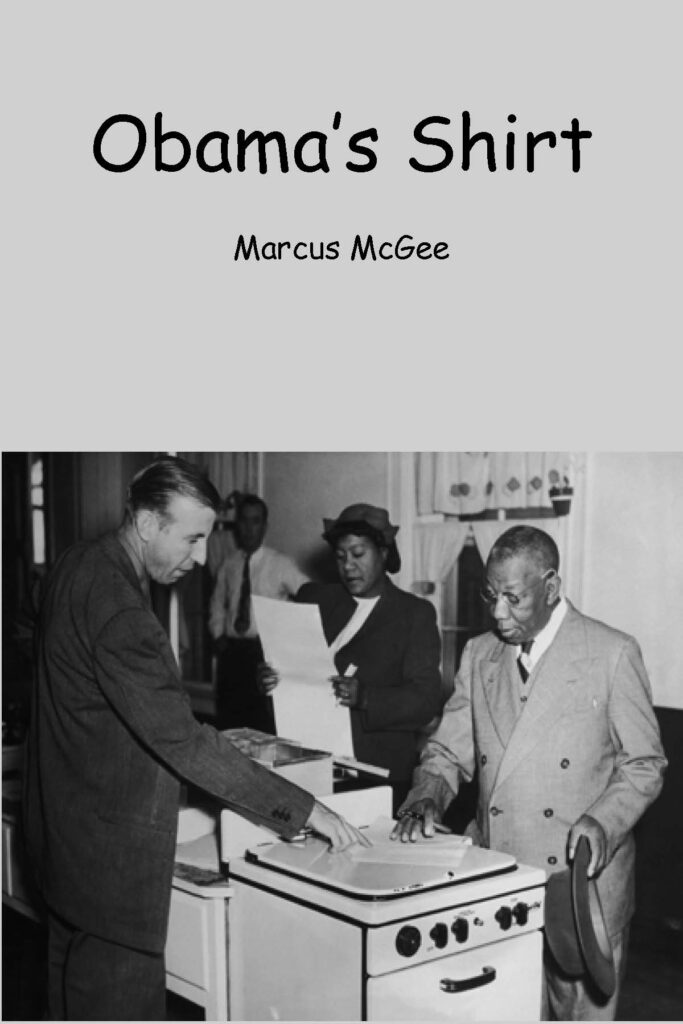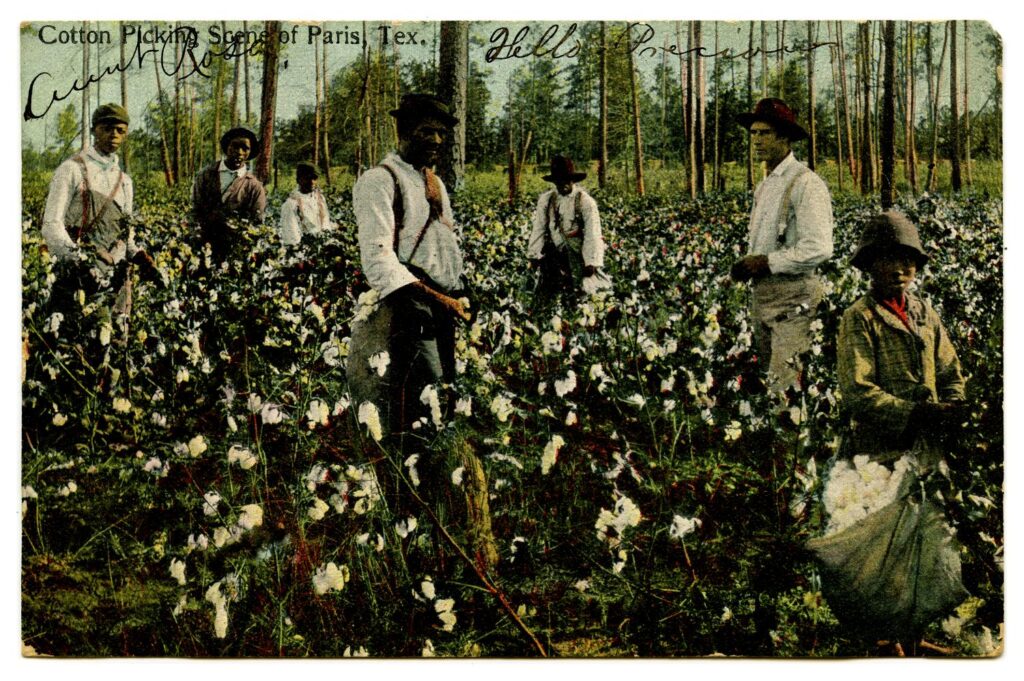In the News…

How Many Bubbles Are There in a Bar of Soap?
By Marcus McGee July 5, 2021
Some answers cannot be known, some questions are not meant to be answered, and then there’s sheer assholery, where the questioner seeks not an answer, but an opportunity to mock and deny. With some questions, it’s not that there is no correct answer, but there is no answer, period. Thus in the 1950s and 1960s, in Louisiana and Mississippi and Alabama, in Texas and Arizona, in Florida and Georgia and South Carolina and Virginia, the goal of the question at voting polls across the South was to intimidate, humiliate or otherwise discourage or deny voting rights for citizens of the United States who were racial minorities.
How many bubbles in a bar of soap indeed! It was a perversion of the literacy tests administered in the Southern states from the 1890s to the 1960s. Southern state legislatures used such “literacy tests,” poll taxes, residency and property restrictions specifically not merely to silence, but to wholly disenfranchise minorities. The restrictive policies were unsustainable, especially with the pangs of conscience that the Civil Rights movement was inflicting on the conflicted American psyche and America’s reputation among nations.
What happened?
The result was the Voting Rights Act of 1965, and specifically Sections 4 and 5. When Congress enacted Voting Right, their analysis had determined that racial discrimination in voting had been more prevalent in certain areas of the country.* Section 5 became known for its “preclearance” element.
These “covered areas” or jurisdictions would be monitored. Section 4 suspended such “tests or devices” (consider question above) as a prerequisite to vote and added other special provisions for 5 years, while Section 5 was “the requirement for review” of any change affecting voting made by a “covered area” by either the United States District Court for the District of Columbia or by the Attorney General. Basically, the Attorney General had oversight in those specified jurisdictions to remedy or cure future attempts at voter discrimination and other abuses.
In 1970, Congress recognized the need to extend the special provisions of the Act, renewing them for another 5 years, while adding partial coverage in 10 additional states. Then in 1975, Congress extended special provisions for another 7 years, when in 1982, the coverage formula was extended 25 years to 2006. In 2006, the special provisions were extended another 25 years. However, Section 4 did contain a provision that allowed a jurisdiction to “bailout” from under provisions in Section 5.
What changed?
In June 2013, the Supreme Court’s decision in Shelby County v. Holder held that “the coverage formula set forth in Section 4 of the Voting Rights Act was unconstitutional, and as a consequence, no jurisdictions are now subject to the coverage formula in Section 4.” Thus guidance information regarding termination of coverage under Section 4 from certain of the Act’s special provisions (preclearance) was no longer necessary. In short, there was no longer any oversight for states with a proven history of practicing voter discrimination in the form of new restrictive laws, redistricting or forms of intimidation.
In the aftermath of the 2020 general election and the thoroughly disproven claims of voter fraud and voting irregularities, many state legislatures (notably those from the “covered jurisdictions”) have enacted measures that include curtailing eligibility to vote by mail, prohibiting the use of ballot drop boxes and blocking early voting on Sundays ad other legislation that would restrict voting.
What now?
In response to the attempts at making voting more restrictive, in 2021, voting rights advocates in the U.S. House of Representatives passed H.R.1, which is a comprehensive voting rights, elections and ethics bill. The measure would mark a huge expansion of voting rights and a major overhaul of campaign finance and redistricting laws. Those who oppose a new Voting Rights Bill hope to stop the effort in the Senate, where the minority party can kill in by employing the filibuster.
An Aside
Uncle Remus is the fictional narrator, or griot, in a collection of African American folktales from the South that feature animals in teaching, poking fun and storytelling. Of course Br’er Rabbit’s no fool—he knows what he’s up against. He knows the not-so-smart Br’er Bear just wants to eat him, and he knows Br’er Fox is sly, scheming and crafty. In fact, he knows it’s more personal for Br’er Fox, who is violent and sadistic and makes special efforts to cause Br’er Rabbit misery.

From Wikipedia: Some scholars have suggested that in his American incarnation, Br’er Rabbit represented the enslaved Africans who used their wits to overcome adversity and exact revenge on their adversaries, the white slave owners.
The lesson many descendants of Africans enslaved in the South understand is a reliance on wit and “thinking on one’s feet.” Too often the playing field is uneven and the deck is stacked, and that hasn’t changed in over 400 years. It’s why many Black parents and grandparents admonish, “You gotta work twice as hard and be twice as smart…” Br’er Rabbit is a survivor, and he’s no longer enslaved.
Recommended Reading
In 2012, I wrote about one Black family’s tradition of voting over four generations and the need for coming together. No further set-up. It’s called Obama’s Shirt. Follow the link—it’s a quick read.
*The “covered jurisdictions were Alabama, Alaska, Georgia, Louisiana, Mississippi, South Carolina and Virginia ( as well as areas in Arizona, Hawaii, Idaho and North Carolina)




